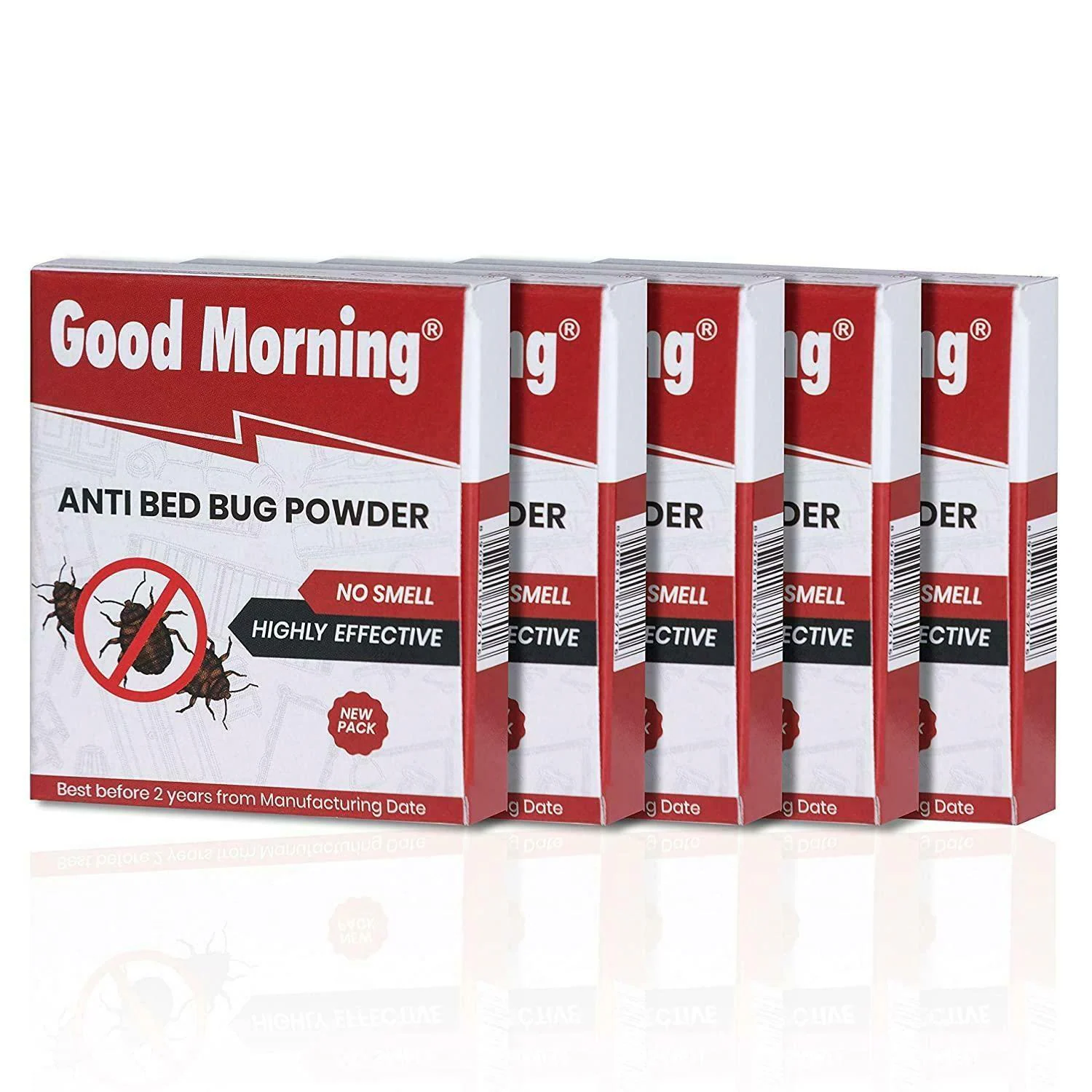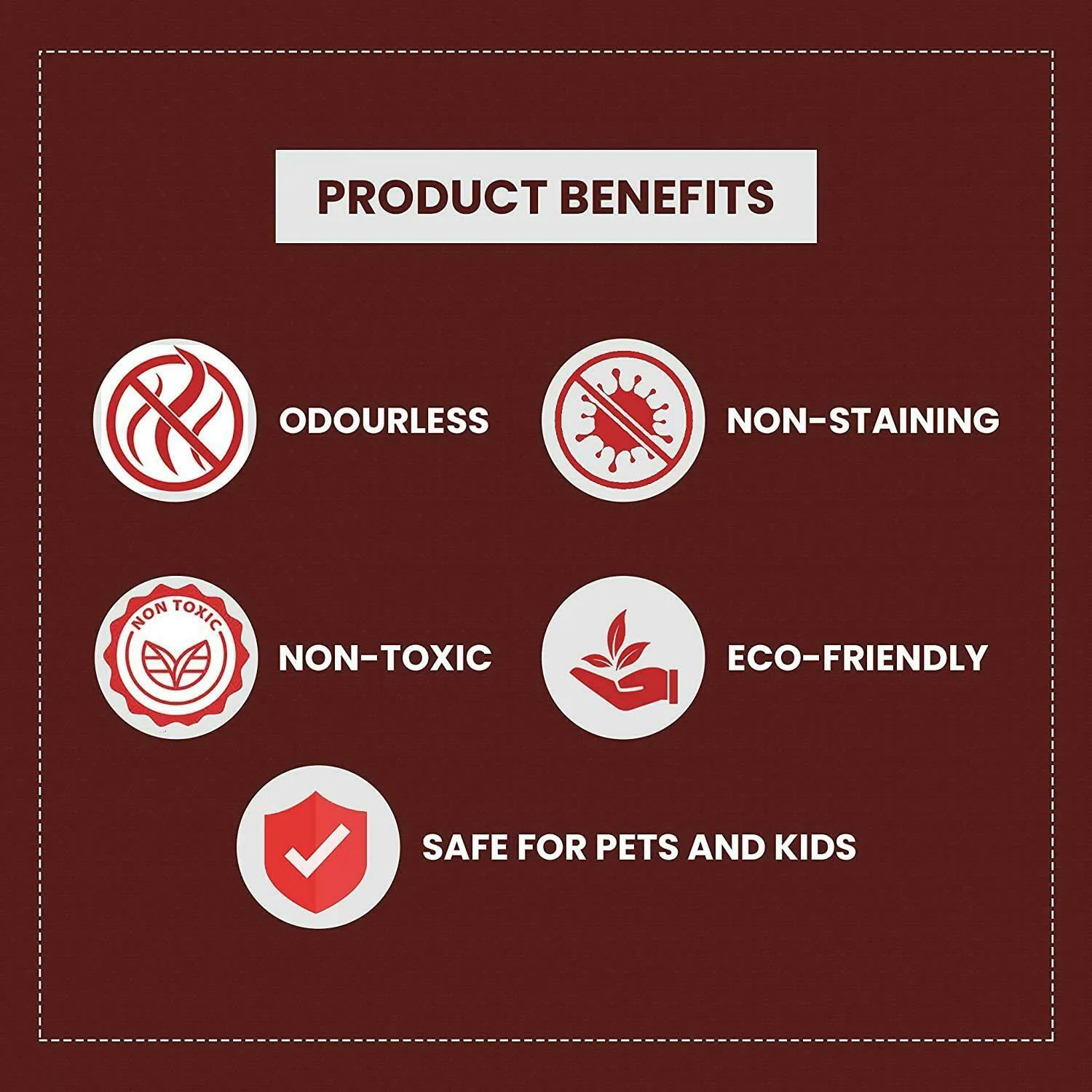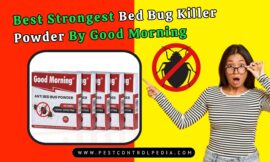Are you struggling with a bed bug infestation? You're not alone. Many people face the challenge of these persistent pests, and the search for effective solutions can be overwhelming. One common household item that often comes up in discussions is Dettol. But does Dettol kill bed bugs?
In this article, we will explore the effectiveness of Dettol in combating these unwelcome guests and provide you with practical tips to help you reclaim your space.
Bed bugs are notorious for their resilience and ability to hide in the smallest of crevices. They can turn your peaceful nights into a nightmare, leaving itchy bites and discomfort in their wake. The good news is that there are various methods to tackle this problem, and understanding how products like Dettol can fit into your strategy is crucial. We will delve into the science behind Dettol's effectiveness against bed bugs and share insights on how to use it properly.
In this blog, we will cover essential topics such as how fast Dettol works against bed bugs, its effectiveness on mattresses and clothes, and additional strategies to enhance your pest control efforts. By the end of this article, you'll have a clearer understanding of whether Dettol is a viable option for your bed bug problem.
So, let’s dive into the details and find out if Dettol is the solution you’ve been looking for in your battle against bed bugs.
Discover how Dettol can be a part of your strategy to eliminate bed bugs effectively. Let's explore the facts together.
Table of Contents
ToggleDoes Dettol Kill Bed Bugs?
Dettol is widely recognized for its antiseptic properties, but how effective is it against bed bugs? The answer lies in understanding how this disinfectant interacts with these pests. When applied directly, Dettol can kill bed bugs on contact due to its active ingredient, chloroxylenol. However, it’s essential to note that while it may kill adult bugs, it may not be as effective against their eggs or younger stages.

Using Dettol as part of a broader pest control strategy can enhance its effectiveness. For instance, combining it with thorough cleaning practices like vacuuming and steam cleaning can help ensure that you are addressing all life stages of bed bugs. Remember, relying solely on Dettol may not yield complete results since bed bug eggs are often resistant to many disinfectants.
How Fast Does Dettol Kill Bed Bugs?
The speed at which Dettol kills bed bugs depends on several factors, including the concentration used and how directly it contacts the pests. Generally, when sprayed directly onto an adult bed bug, it can kill them almost instantly. However, for optimal results, it's best to apply it generously in areas where bed bugs are known to hide.
To maximize effectiveness, consider using a spray bottle with a fine mist setting. This allows for better coverage in cracks and crevices where bed bugs tend to reside. Additionally, repeated applications may be necessary to ensure that any newly hatched bugs are also dealt with effectively.
Does Dettol Kill Bed Bugs on Mattresses?
Mattresses are prime hiding spots for bed bugs due to their proximity to sleeping humans. Applying Dettol directly onto a mattress can help kill any visible bugs present at the time of application. However, it's crucial to remember that simply spraying the surface may not penetrate deeply enough to reach eggs or hidden nymphs.
For comprehensive treatment of a mattress infested with bed bugs, consider using protective encasements designed specifically for mattresses. These encasements trap any existing bugs inside while preventing new ones from entering. Using Dettol along with these encasements can provide a more robust solution.
Does Dettol Kill Bed Bugs on Clothes?
If you've discovered bed bugs on your clothing, you might wonder if spraying them with Dettol will do the trick. While it may kill any exposed adult bugs on contact, washing clothes in hot water is generally more effective for eliminating both live insects and their eggs.
To treat clothes effectively, wash them at high temperatures (at least 120°F or 50°C) and dry them on high heat as well. If washing isn't an option immediately, consider placing infested clothing in a sealed plastic bag until you can wash them properly.
Does Washer and Dryer Kill Bed Bugs?
Additional Tips for Bed Bug Control
- Regular Cleaning: Vacuum regularly and pay special attention to areas around beds and furniture.
- Use Diatomaceous Earth: This natural powder can help kill bed bugs by dehydrating them when they come into contact with it.
- Professional Pest Control: If infestations persist despite your efforts, consider hiring professionals who specialize in pest control.
Frequently Asked Questions - FAQS
Q. Can I use Dettol as my only method for killing bed bugs?
A. No, while Dettol can kill some bed bugs on contact, it's best used alongside other methods for complete eradication.
Q. Is it safe to use Dettol around pets?
A. Caution is advised when using Dettol around pets; ensure proper ventilation and keep pets away from treated areas until dry.
Q. How often should I apply Dettol for effective results?
A. Reapply every few days or after cleaning until you no longer see signs of infestation.
Q. Does washing my bedding remove bed bugs?
A. Yes, washing bedding in hot water is an effective way to eliminate both live bugs and their eggs.
Q. Can I mix Dettol with other cleaning agents?
A. It's not recommended to mix Dettol with other chemicals as it may produce harmful reactions.
Q. How do I know if I have a bed bug infestation?
A. Signs include itchy bites on your body and finding small dark spots (fecal matter) or shed skins around your sleeping area.
Q. Are there any side effects of using Dettol?
A. Yes, some people may experience skin irritation or allergic reactions; always test on a small area first.
Q. Can I use Dettol on furniture?
A. Yes, but ensure proper ventilation and avoid saturating surfaces; wipe down after application.
Q. How long does it take for bed bug eggs to hatch?
A. Bed bug eggs typically hatch within 6-10 days under favorable conditions.
Q. What should I do if I find more bed bugs after treatment?
A. Reassess your treatment strategy; consider consulting pest control professionals if problems persist.
Conclusion
The question "Does Dettol kill bed bugs?" has a nuanced answer that requires understanding its limitations alongside its benefits as part of an integrated pest management approach. While it can be effective against adult insects when applied correctly, relying solely on this disinfectant won't guarantee complete eradication due to its ineffectiveness against eggs and younger stages of the pests.
The best strategy combines multiple methods: regular cleaning practices, protective measures like mattress encasements, and possibly professional help if infestations persist despite home treatments. By taking proactive steps and being informed about products like Dettol, you can effectively manage and eliminate bed bug issues from your home.




